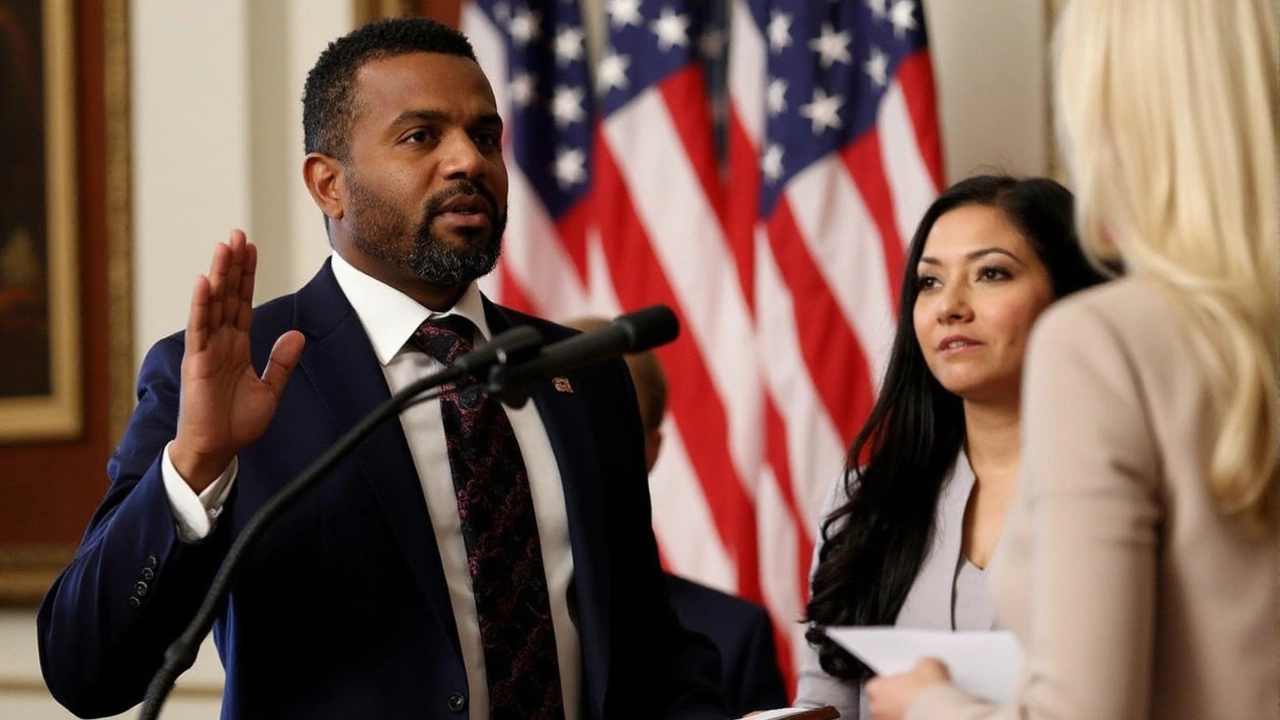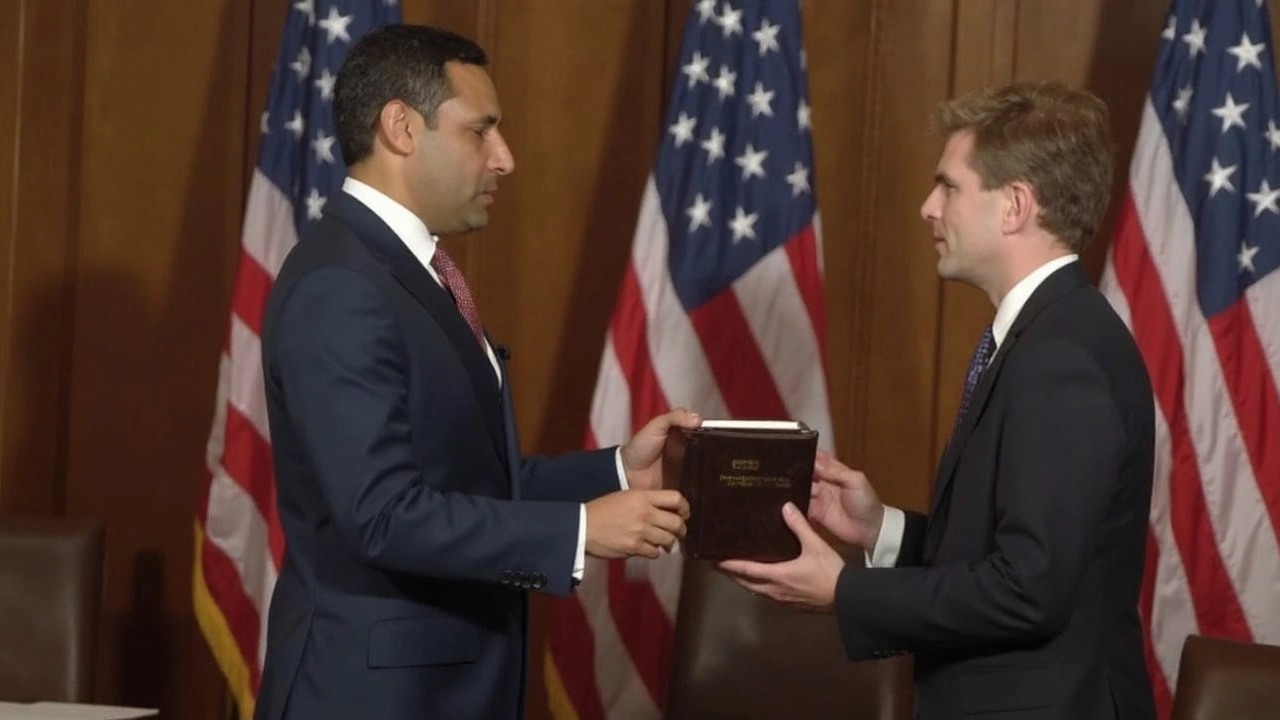Bhagavad Gita – Understanding the Epic Teachings
If you’ve ever wondered what the Bhagavad Gita is all about, you’re in the right place. It’s a short dialogue between Prince Arjuna and Lord Krishna that packs a massive punch of wisdom. In just 700 verses it tackles duty, purpose, and how to stay calm when life feels chaotic.
Most people think the Gita is only for scholars, but anyone can pick a verse, read it, and see a fresh angle on a daily problem. Whether you’re stressing over work, relationships, or big decisions, the Gita gives a simple, practical roadmap.
Core Lessons of the Gita
First, the Gita teaching of karma yoga – act without obsessing over results. That means you give your best, then let go of the outcome. This cuts down anxiety and helps you focus on the present.
Second, the idea of dharma – your unique purpose or duty. Arjuna’s crisis was about fighting his own cousins, but the bigger point is to stay true to what you’re meant to do, even if it’s uncomfortable.
Third, the Gita talks about the self as an eternal observer. When you see thoughts and emotions as passing clouds, you stop getting tangled in them. It’s a mental hack for staying peaceful.
Why the Gita Matters Today
Modern life throws a lot at us: news overload, job pressure, family expectations. The Gita’s advice works like a mental first‑aid kit. A quick read of a verse can reset your mindset before a meeting or a heated argument.
Many leaders, athletes, and CEOs quote the Gita for motivation. The reason is simple – it talks about inner strength, not external success. When you build that inner core, external results follow naturally.
Getting started is easy. Grab a translation that feels comfortable – many versions have plain English notes. Read one verse a day, reflect on it, and try to apply it in a real situation.
If you’re looking for deeper study, join a local discussion group or an online forum. Hearing how others interpret the same verse can broaden your view and keep you accountable.
In India, the Gita often appears in news headlines when politicians or public figures reference it. Those moments show how the text still shapes public discourse and personal choices across the country.
Below are a few quick tips to make the Gita work for you:
- Pick a quiet spot, read a single verse, and breathe.
- Write down one action you’ll take today based on the lesson.
- Check back after a week to see how it changed your approach.
Remember, the Gita isn’t a religion‑only book; it’s a guide for anyone wanting a clearer mind and steadier heart. Treat it like a toolbox – open it when you need a new tool, close it when you’re done, and come back anytime.
So, whether you’re a student, professional, or just curious, the Bhagavad Gita offers answers that cut through the noise. Dive in, try a verse, and see how ancient wisdom can make today’s challenges feel a lot less heavy.

Kash Patel became the FBI director on February 22, 2025, taking his oath on the Bhagavad Gita, signaling a new era in the agency. With his Indian-American background, Patel highlighted the essence of the American dream while President Trump hailed him as the best choice. His narrow Senate confirmation signifies both support and skepticism, as critics worry about political bias under his leadership.

Kash Patel has been appointed as the first Indian-American Director of the FBI. His swearing-in, using the Bhagavad Gita, underscores his cultural heritage. Confirmed by a 51-49 Senate vote, he promises to lead with constitutional accountability. His journey symbolizes the American Dream, as highlighted in his post-oath remarks.

